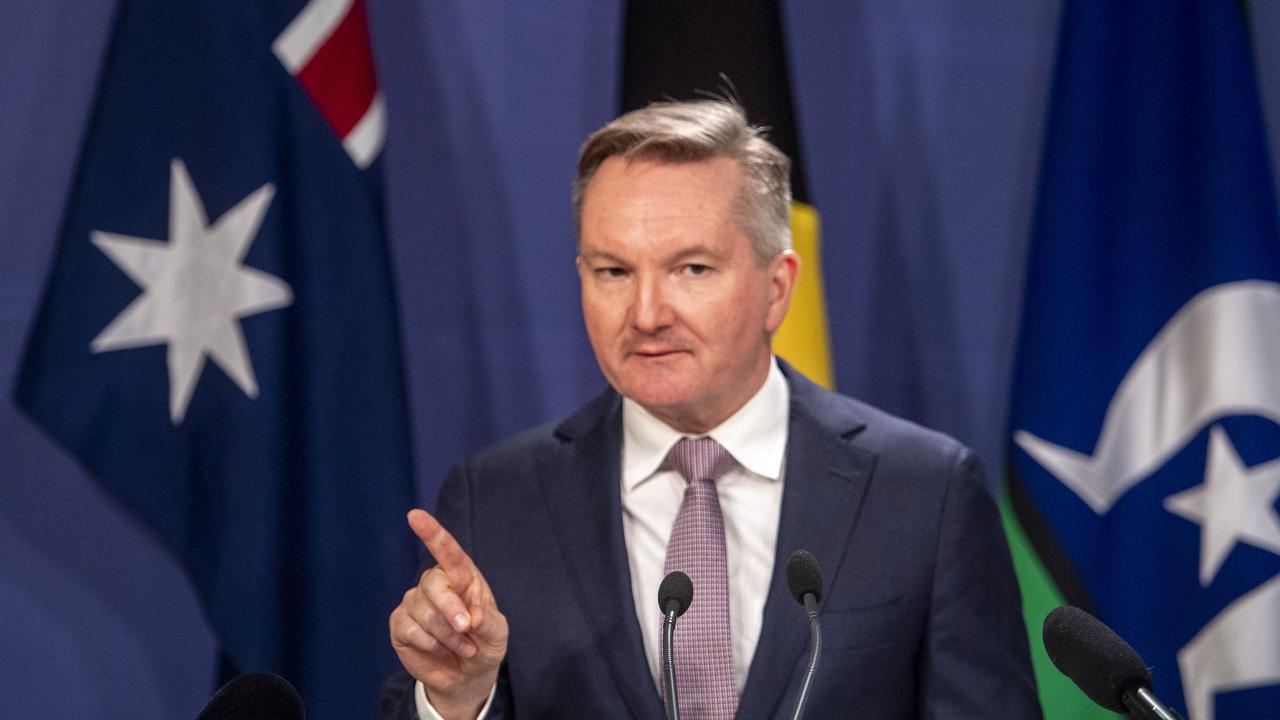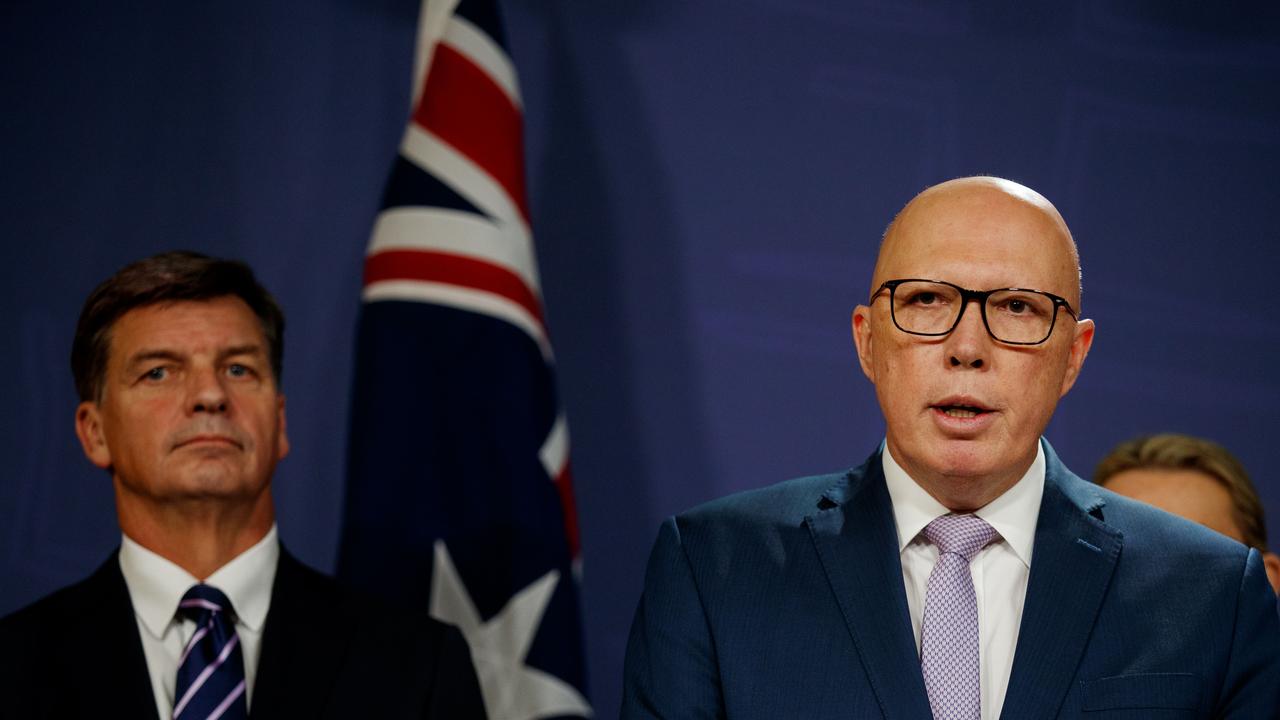The often ignored health issue causing pain to Australia’s productivity

Australian women are older, more educated and working harder – in the office and at home.
This is just one of the snapshots of modern Australia Katy Gallagher’s second Women’s Budget Statement not only paints but “gets”.
Women are also becoming increasingly single – either by lifestyle choice or loss – and are at a higher risk of becoming homeless due to a lack of superannuation.
They’re also living longer, dealing with more chronic pain and, in the 2020-21 period, experienced more mental health issues than men. That’s not to say blokes aren’t doing it tough.
It could have something to do with women seeking medical advice or treatment. Something that will be easier to do with the tripling of bulk-billing incentives.
It also highlights 10 out of the 23 cabinet positions are now occupied by women. The Albanese government wants more and will shell out $5m over the next five years to “equip and encourage more women to enter politics”.
For now, though, you can see the effectiveness and influence of having more women at the table by the wide range of issues the new Women’s Budget Statement addresses, authored by Gallagher. The stats are scary but the plan is promising.
This is not a Jane Austen lament about being single and female. It’s a Sheryl Sandberg rallying cry encouraging more women to “lean in”. How? All thanks to the Finance Minister who, since being tasked with leading the rorts and waste program, redirected and redeployed billions into initiatives that will spark joy for the young, the old, the underemployed, the sick and the vulnerable.

With her knack for cleaning up the bottom line, Gallagher is the government’s Marie Kondo.
She has tidied up the Coalition’s clutter with a hope to make room for things that make life easier and more pleasant for more Australians from birth until their twilight years.
Whether they are a single mother with kids wanting to get back into work, a girl suffering “body discrimination”, a woman seeking to separate from an untenable domestic situation, or an underemployed menopausal woman. “The change” is an often ignored health issue Gallagher says is causing pain to Australia’s productivity. “I did wonder if menopause has ever been written into a budget paper before,” Gallagher tells The Australian.
“It is one of those slightly taboo words. But the women’s health package, the evidence and the research that’s going into that to help design health programs and support women at all stages of their life. It’s really important to address it now. The statement recognises that menopause is a big thing for most women, and it shows we’re up for that.”
Saying the silent part about a taboo topic is easy. The method or, more importantly, finding the money to allocate to these research-based recommendations is a broader, chronic, issue.
Life, as is the way with governing, gets messy and unpredictable. Just like Kondo has recently discovered. The lifestyle queen has abandoned her strict decluttering regimen and is learning to embrace chaos since having children and adapting to life post-Covid. Treasurer Jim Chalmers will have to adopt this mindset moving forward.
As well as structural deficiencies to the budget, these will be exacerbated by an ageing population and declining fertility in the not-too-distant future.
Gallagher has delivered short- and medium-term financial joy, but a mess may lay ahead for the Albanese government.


